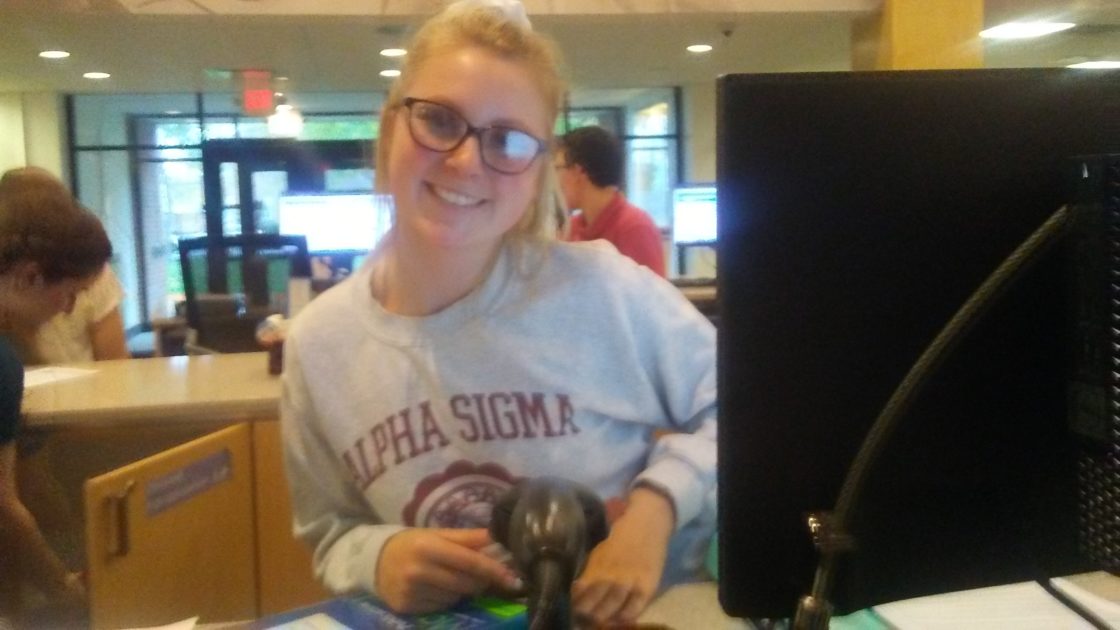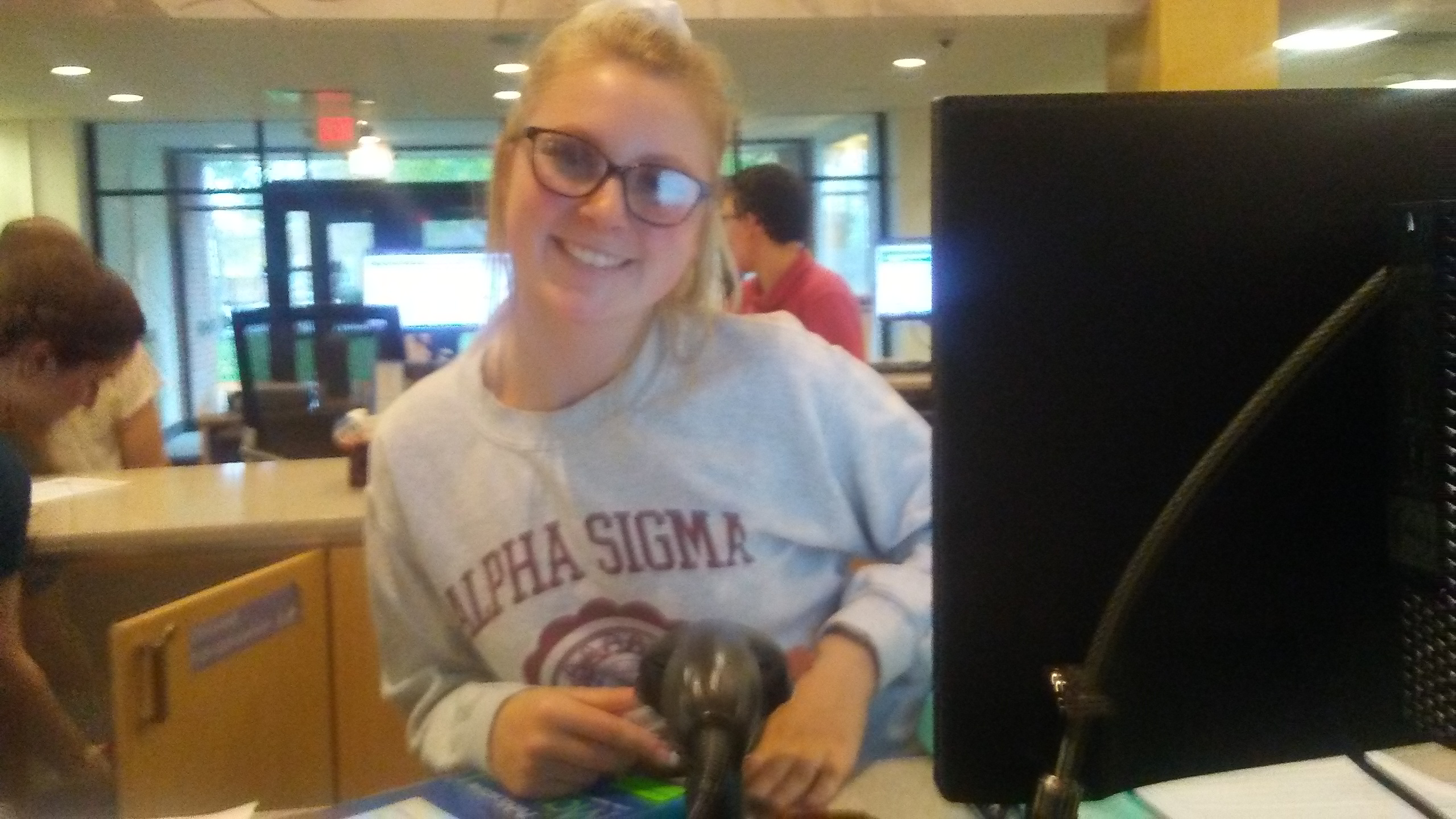Many college students hold a job while in school to supplement some of their living expenses, and for some such students, work-study positions that are offered by their university are a convenient way to earn money without having to leave campus.
There are a variety of work-study positions available for students. Some are more general, such as a laundry attendant position, while others are more specialized in a certain field, such as a lab teaching assistant for chemistry.
According to Renee Bergman, student payroll coordinator, there are three levels of work available to students, and each level earns a different wage. Level one offers minimum wage, which currently sits at $8.55 per hour; level two pays $8.85 per hour; and level three pays $9.15 per hour.
The level of each job varies based on the type of position it is, and this is largely dependent on the skill level that the job requires applicants to be at.
Level one jobs are generally more entry-level positions, with only basic skills required.
“I would say mostly, probably like first-year students are going to pick up those jobs,” Bergman said. “But not necessarily. I mean, if you come in, maybe you had a job that you worked all through high school or something. So it’s not, you know, obvious that you’re going to get a level one.”
Level two jobs usually require a more specific skill set and may additionally include difficult job situations.
“This might be like you have to talk to a parent of a student, or that type of thing,” Bergman said. “You’re put more into a position where you would have to have a little bit of experience, I think.”
The highest-paying level of job, level three, often requires students to take on more of a supervisory role. Level three jobs require independent organization and planning.
“An example would be like an America Reads tutor,” Bergman said. “That’s a pretty responsible job, where you’re responsible for getting yourself to the school where you’re going to tutor; you’re tutoring students. So that’s definitely a level three position.”
Students are allowed to work a maximum of 19 hours per week during the academic year, which increases to a maximum of 29 hours per week over summers and holiday breaks.
It seems one work-study position is enough for some students, while others feel the need to pick up additional jobs outside of the university.
Erin Delgo, a senior music education major, has worked in Blackmore Library for all four years of her college career, and she says she enjoys it.
“It’s been great,” Delgo said. “I’m actually working at [studying] library science now because of having worked here.”
Delgo is a resident student, and the position she now holds as a student research assistant is the only paid job Delgo currently has.
Delgo is a resident student, and the position she now holds as a student research assistant is the only paid job Delgo currently has.
Similarly, senior Alicia Logue, an early childhood education and intervention major, is also employed at Blackmore Library. In her case, Logue works as a circulation student assistant.

Also a resident student at Capital, Logue says she, unlike Delgo, just recently took on her work-study job. She also has an off-campus babysitting job in addition to her library position.
“I actually just started at the beginning of this year,” Logue said. “I really enjoy it.”
For a listing of current open work study positions at Capital, visit www.capital.edu/work-study-jobs.
You can also talk to a professor in your area of study to see if there are other openings.

